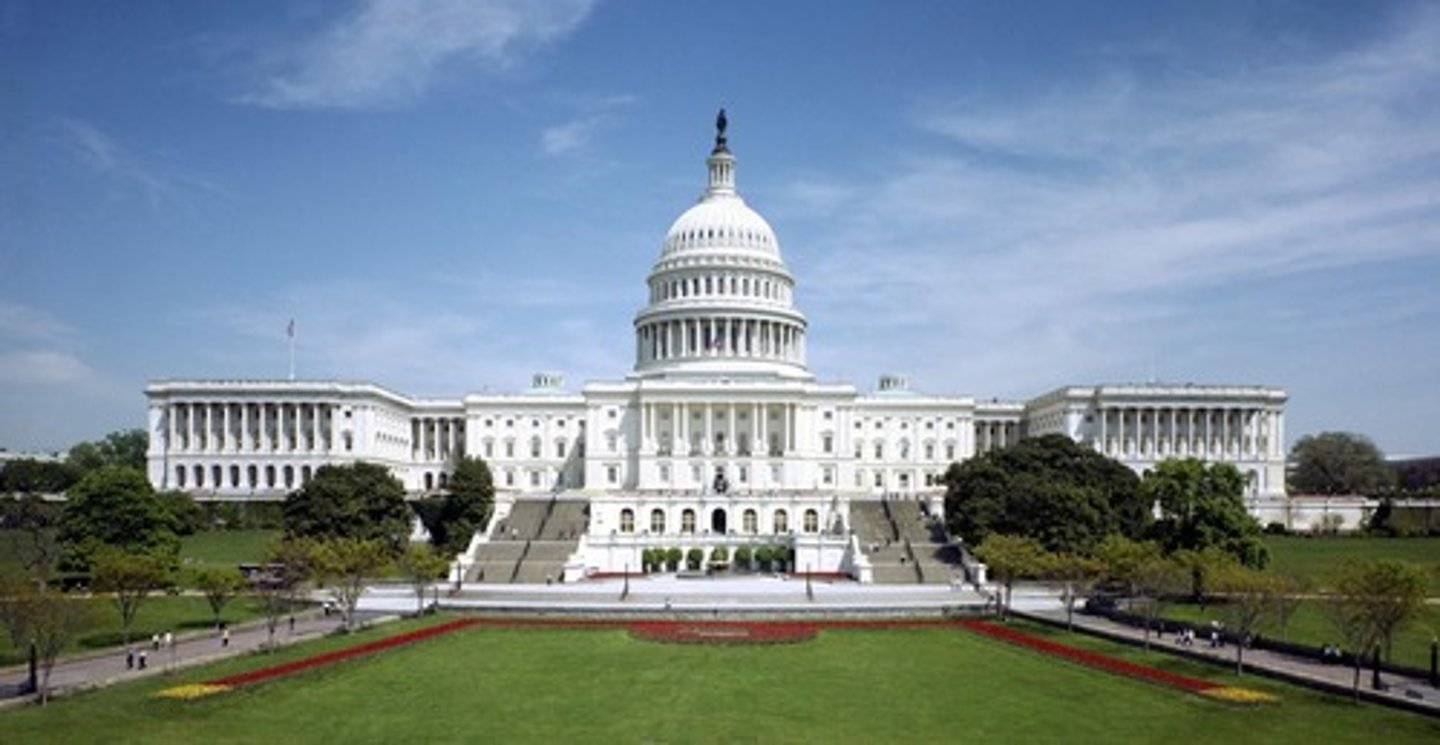Philosophy of Government: Hobbes, Locke, Rousseau & Montesquieu
1/35
There's no tags or description
Looks like no tags are added yet.
Name | Mastery | Learn | Test | Matching | Spaced | Call with Kai |
|---|
No analytics yet
Send a link to your students to track their progress
36 Terms
State of Nature
Philosophical concept used by social contract thinkers to describe the condition of humans before society was established.
Social Contract (Hobbes)
Hobbes believed it was something that had people giving up freedoms and rights in exchange for physical protection.
Brutal and short
Hobbes described the state of nature as brutal and short, with no safety.
Social Contract (Locke)
Locke believed government was made to end state of nature and protect people's natural rights.
Natural Rights
Rights to life, liberty, and property.
Government by consent
Locke's perspective that government is only valid if it is based on a social contract with citizens.
Rousseau's social contract
Rousseau's social contract is what makes an effective government, based on an agreement/contract people make with society.
Direct Democracy
A form of democracy where citizens directly participate in decision-making.
Representative Democracy
A form of democracy where elected representatives make decisions on behalf of citizens.

Common will
The majority rule in a direct democracy.
Anarchy
A state of disorder due to absence or non-recognition of authority.
Representative Government
A system where citizens select leaders to represent them.
Democracy
A system where citizens hold political power.
Autocracy
A system where one person has all power.
Direct Government
A system where citizens govern directly.
Oligarchy
A system where a small group of people have all power.
Theocracy
A system where a group recognizes belief and otherworldly authority.
Monarchy
A system of government led by a king or queen.
Dictatorship
A system where a leader controls everything.
How many people rule in Anarchy?
None.
How many people rule in Monarchy?
One (king/queen).
How many people rule in Theocracy?
One person/group of people.
How many people rule in Oligarchy?
Small group of people.
How many people rule in Direct Government?
Governed by a number of citizens.
How many people rule in Democracy?
Through elected representatives.
How many people rule in Dictatorship?
One.
How many people rule in Autocracy?
One.
Ancient Athens:
Direct democracy
England / United Kingdom:
Constitutional monarchy and parliamentary democracy
France:
Republic
Iran:
Theocratic republic
Myanmar (Burma):
Military junta / dictatorship (1962-2011)
Norway:
Constitutional monarchy
Peru:
Representative democracy / Constitutional republic
Switzerland:
Federal republic
United States:
Federal republic / Constitutional democracy